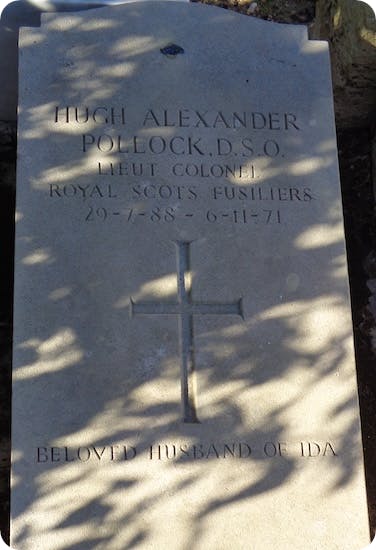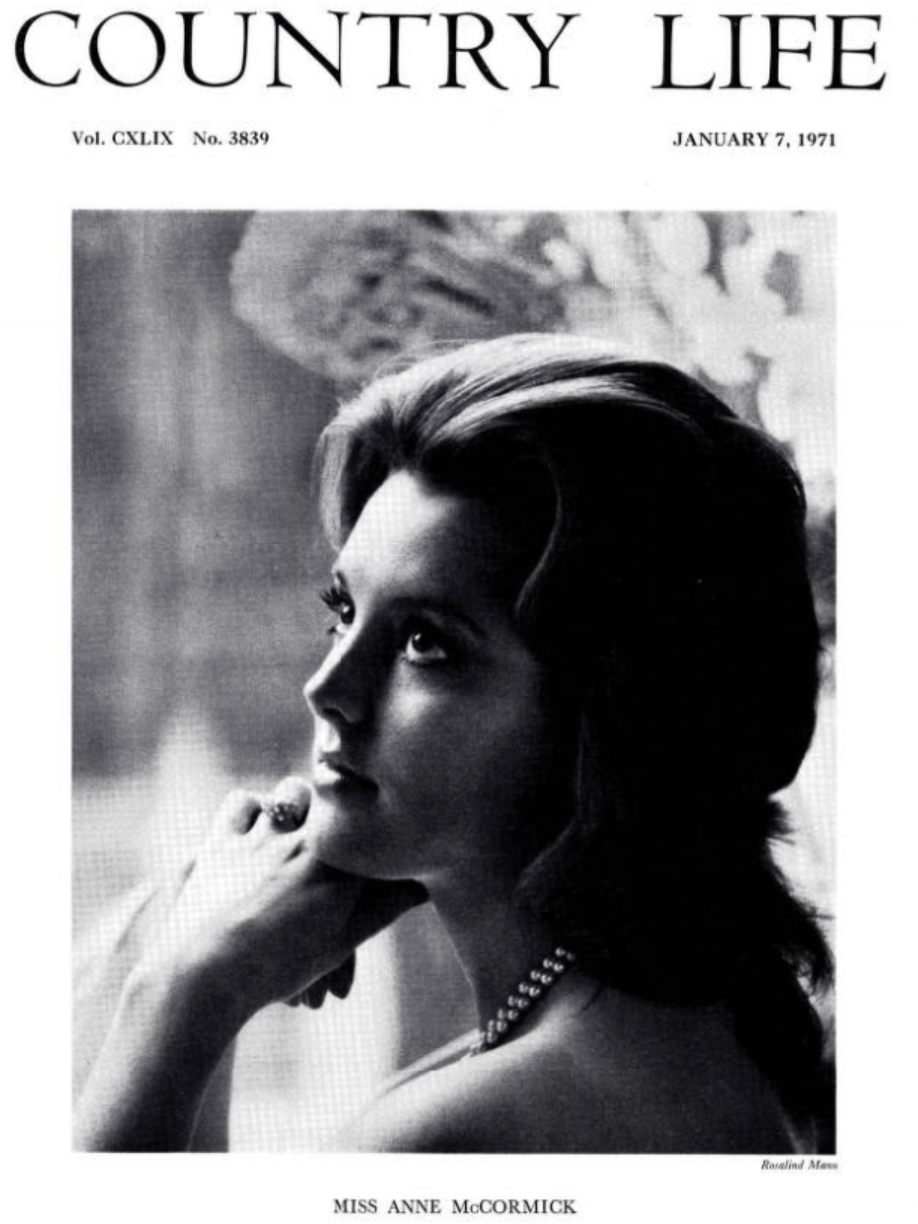The following is an announcement written by the folks at Findmypast:
Explore England's past in more vivid detail than ever before, with an exciting new newspaper title and over 1.6 million new records.
It's never been easier to connect with your global roots. This Findmypast Friday, we've added 1,675,862 brand-new records - rate books, electoral registers and monumental inscriptions from Malta and Manchester.
But that's not all. We also bolstered our newspaper collection, adding 112 years of the beautiful and photo-rich Country Life magazine. We also updated one of our existing publications - read on for a full rundown of all that's been added this week.
This brand-new collection of grave records from Malta covers almost 200 years, from 1829 right up to 2022. There are 6,026 images and transcriptions for you to explore, from the follow cemeteries:
- Ta' Braxia Cemetery
- Sliema War Memorial
- Pembroke Military Cemetery
- Malta Memorial
- Imtarfa Military Cemetery
- Kalkara Cemetery
- Valletta Cemetery
Whether you've got Maltese roots or your ancestor fought abroad during either of the World Wars, you may find a familiar name or two amongst the many military graves in this set.
With a quick search, we uncovered the grave of the publisher and military man Hugh Alexander Pollock, who was married to two famous British writers - Enid Blyton and Ida Pollock.

Hugh Alexander Pollock, who died on 6 November 1971.
Pollock served in both World Wars. In World War 1 he fought with the Royal Scots Fusiliers, while he was a part of the Auxiliary Military Pioneer Corps in the Second World War.
This week's biggest update comes to our Manchester electoral registers. Spanning 120 years (from 1820 to 1940), there are over 1.2 million new additions to discover.
You may be able to discover the names and addresses of your Manchester ancestors with these 1,285,051 new transcriptions and images.
We've also made another big Manchester addition, in the form of 384,785 new Rate Book records.
These images and transcriptions span from 1820 to 1940, and may help to illuminate key details about the lives of your ancestors in the North West of England.
We're delighted to announce the addition of the glossy magazine Country Life to our archive this week. For the first time, you can explore a wealth of beautiful photos documenting rural Britain's history and its people. From landscapes and formal gardens to socialities and politicians, all manner of people and places are featured in the pages of Country Life.

Country Life, 7 January 1971.
There are pages spanning 112 continuous years for you to discover, starting with the magazine's founding in 1897 and stretching right up to 2009.

Country Life, 21 July 1994.
With the addition of 509,799 new pages to our collection, we've passed an exciting landmark - a grand total of 75 million historical newspaper pages. It's never been easier to seamlessly search over 300 years of history through the headlines of the day.
New title:
Updated title:
- Hawick News and Border Chronicle, 1891
Last week, we added over a million Scottish records - explore the full release for yourself today.
Have you made a surprising family history discovery? Whatever you've uncovered about your past, we'd love to hear about it. You can now get in touch and tell us using this handy form.
More on this topic:
Historical Newspapers
 Latest News Articles
Latest News Articles If you do not see a Plus Sign that is labeled "Add comment," you will need to upgrade to either a (FREE) Standard Edition or a (paid) Plus Edition subscription
If you do not see a Plus Sign that is labeled "Add comment," you will need to upgrade to either a (FREE) Standard Edition or a (paid) Plus Edition subscription